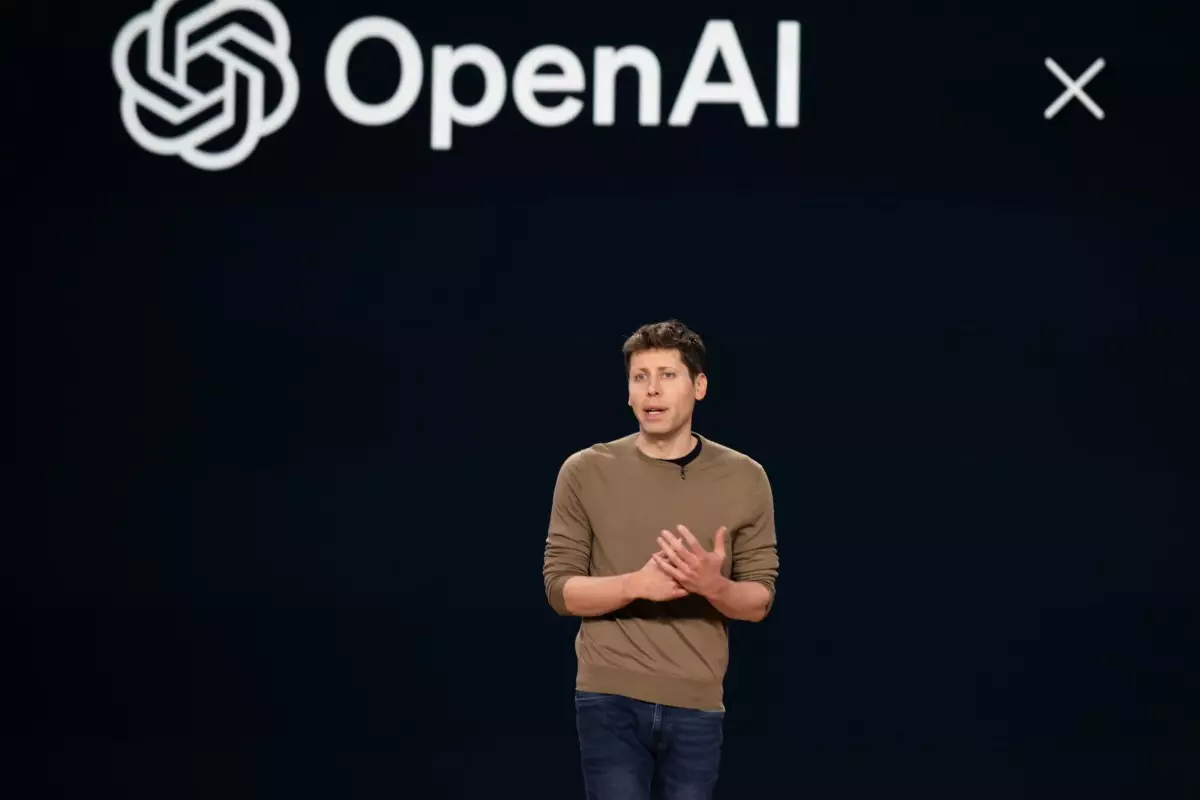In an unprecedented move, Asian News International (ANI), one of India’s premier news agencies, has initiated legal proceedings against OpenAI. This landmark case, filed in the Delhi High Court, underscores growing concerns about the intersection of artificial intelligence and copyright law, particularly in an era where information dissemination is more rapid and widespread than ever. ANI’s lawsuit asserts that OpenAI unlawfully employed its content to train AI models, subsequently generating inaccurate and misleading information that it attributed to the agency. Such accusations are not mere technical disputes; they represent serious implications for how AI companies leverage copyrighted news in India, the most populous country globally.
The crux of the lawsuit lies in the allegations that OpenAI’s language models, including ChatGPT, have integrated ANI’s material without permission. This claim is significant, as it tests the boundaries of copyright in the digital age, where information from various sources is readily accessible online. During preliminary hearings, Justice Amit Bansal commented on the complexity of the issues at hand, indicating a need for a comprehensive exploration of how copyright law applies to AI technologies. The scheduled hearings also showcase the evolving legal landscape that companies like OpenAI must navigate as they innovate and expand their services across the globe.
OpenAI has maintained that it adheres to copyright laws, emphasizing that factual information is not shielded by copyright protections. This defense points to a broader trend where the legal frameworks governing digital content are struggling to keep pace with technological advancements. Moreover, the company’s assertion that it allows websites to opt out of data collection highlights the tension between the rights of content creators and the operational models of AI companies.
Yet, ANI argues that just because their content is publicly available does not grant free rein for exploitation. This contention raises a critical question: what constitutes fair use in the context of AI training? The definition of fair use is already contentious in traditional media, but the advent of machine learning and generative AI complicates matters further.
The Risks of Misinformation
One of the most alarming aspects of ANI’s case is the claim that ChatGPT has produced fabricated interviews attributed to its journalists, notably a fictitious conversation with prominent political figure Rahul Gandhi. Such “hallucinations” pose not only a threat to ANI’s credibility but also to the integrity of information consumed by the public. The potential for misinformation to catalyze public disorder underscores an urgent need for accountability from AI companies as they harness vast quantities of data.
The Road Ahead: Examining AI Accountability
As the legal proceedings unfold, the court intends to involve expert testimonies to analyze the implications of AI on copyright. This forthcoming engagement suggests a pivotal moment not just for ANI and OpenAI, but for the global conversation on intellectual property rights in an AI-driven world. The outcome of this case could set precedents influencing both the legal framework surrounding AI content usage and the ethical considerations that tech companies must adopt moving forward. As stakeholders from various sectors await the court’s decision, the dialogue surrounding AI legality and ethics continues to evolve, shaping the future dynamics between technology and media.

